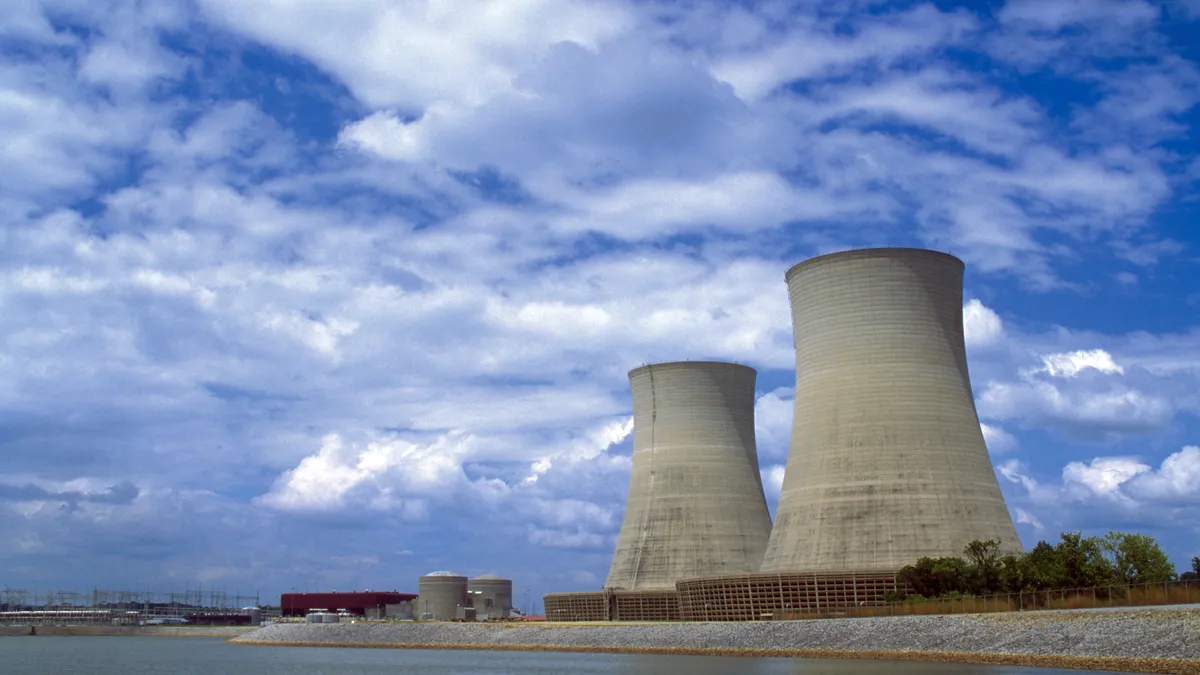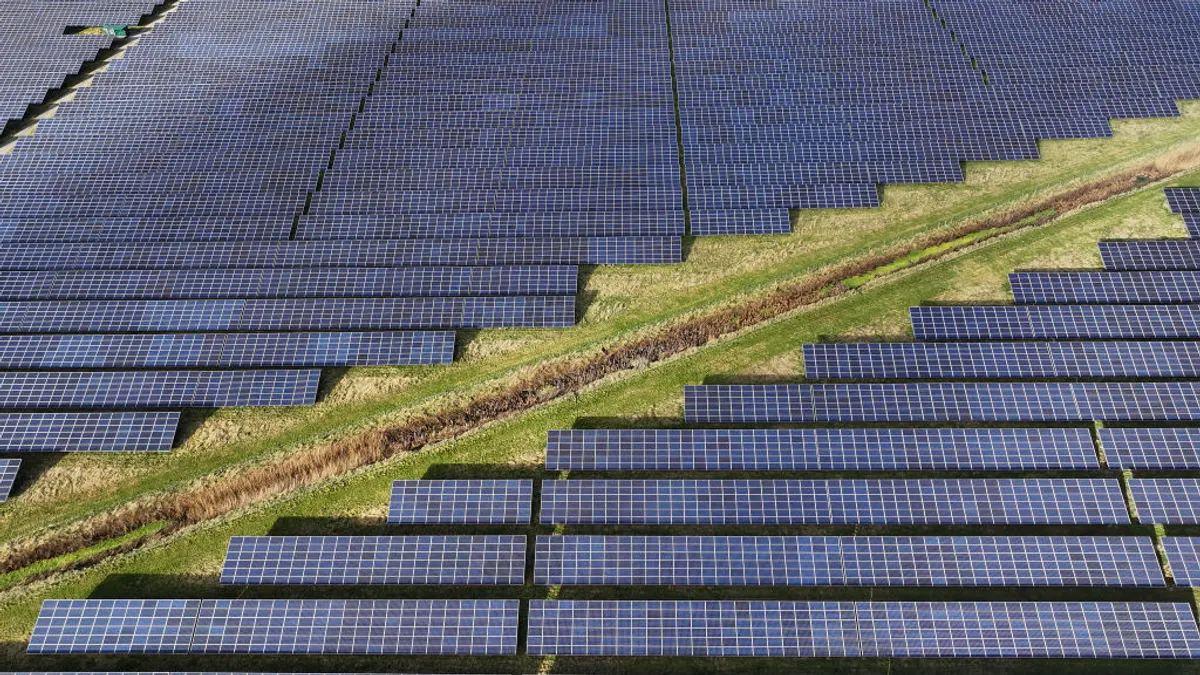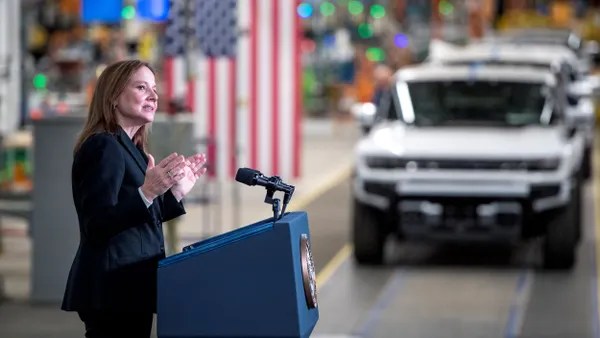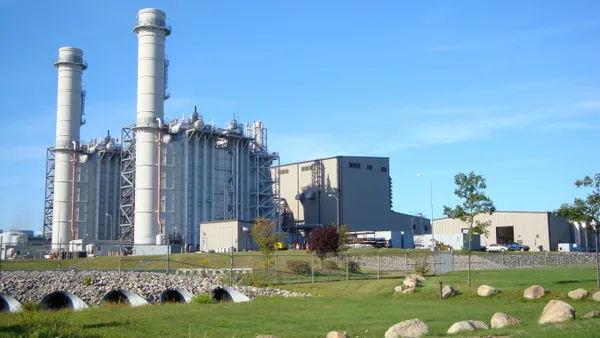Dive Brief:
-
Dominion Energy South Carolina has filed a proposal with the state's Public Service Commission (PSC) for a tariff that will apply to storage-plus-renewables generation facilities, with an eye toward better integrating intermittent solar in its system.
-
The tariff would apply to paired facilities in which the battery receives 100% of its electric input from the renewable resource, and has a minimum four-hour duration.
-
"This reflects the fact that the storage market is maturing and this technology has a role to play in states like South Carolina," Hamilton Davis, director of regulatory affairs at Southern Current said, adding, "We are moving in a direction where storage is going to be commonplace."
Dive Insight:
Dominion serves about a third of South Carolina, Danny Kassis, vice president of customer relations and renewables for Dominion Energy South Carolina said, and has over 800 MW of utility-scale solar in the state.
"One of the things that we have been looking at for some time had been the benefits of storage to address some of the challenges with integrating a significant amount of intermittent resources like solar," Kassis added.
In late 2018, state regulators approved Dominion's acquisition of South Carolina Electric & Gas and as part of that merger, the utility entered into a settlement agreement with the South Carolina Solar Business Alliance (SCSBA) to file avoided cost rates for energy from facilities that include storage. Dominion filed its proposal with the PSC last December, after which it entered into settlement discussions with the SCSBA and other parties.
The final version of the proposed tariff will ensure that Dominion "is effectively able to integrate emerging energy storage resources, while paying rates to such resources that fairly account for ratepayer benefits," the utility said in a letter filed with the commission this week.
The settlement discussions didn't lead to major changes in the proposed tariff, but focused on clarifying terms and refining language, Davis said. Southern Current is a member of SCSBA and was involved in the settlement discussions.
Dominion has 576 MW of pumped hydro in South Carolina that it's utilizing, but there aren't any other significant storage projects that have been developed in the state, Kassis said. The utility watched as storage technologies became more competitively priced and then, understanding the challenges of integrating intermittent solar into its system, "we became more proactive in the conversation."
"I think it's an important step in the process of evolving the way the system's going to operate, and… how supplies are going to change over the course of the next five to 10 years," Kassis added.
The utility opted for a tariff specifically for hybrid facilities — rather than standalone storage — because that was what the development community was asking for, according to Kassis. And while it doesn't have any specific plans at the moment for standalone storage, "I think there's a fundamental belief it's a good resource. It's just one where you've got to reach cost standards to address prudency with respect to investments."
It's yet to be seen how attractive this proposed tariff will be in the development world, Davis said, adding that from a development standpoint, adding storage helps with time-shifting energy, so that they can provide capacity on the utility system when they actually need capacity.
"Now we're in a situation where there is this storage tariff available, you also have technology-neutral rates available to solar-plus-storage facilities and there's always opportunity to engage in bilateral negotiations with utilities — so there's generally speaking, better market access for storage facilities in Dominion territory now," Davis added.
The tariff still requires approval from the PSC, but with all the intervening parties agreeing, there's a strong likelihood that will happen, according to Kassis.














